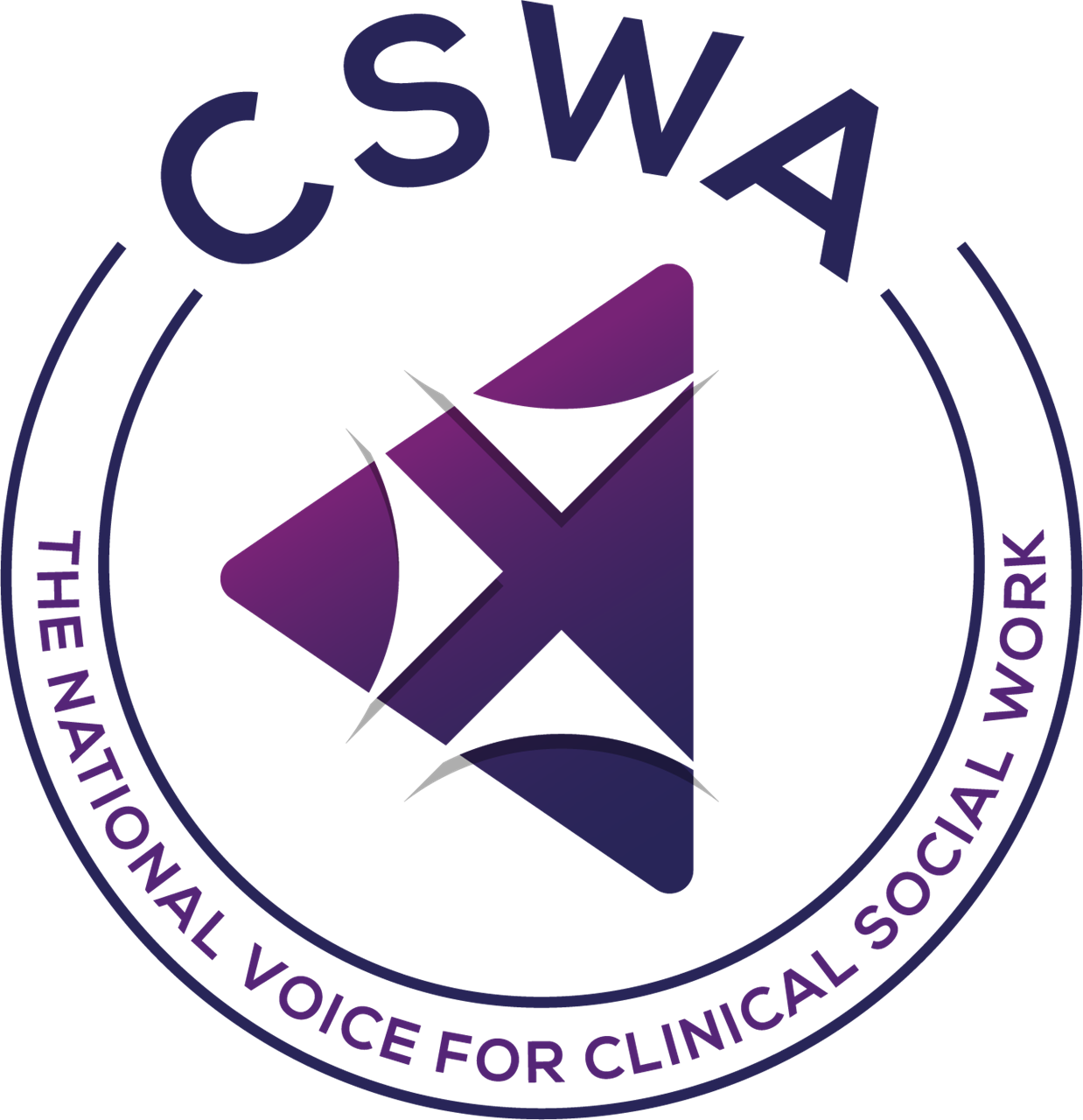CSWA ALERTSCSWA is proud to vigilantly monitor issues within the field of clinical social work, and national legislation that affects clinical social workers. Please see below for a history of those announcements and legislative alerts. To receive timely information directly to your inbox, join CSWA today. |
